Asda surprises with first sales rise in three years
Growth has been partly at expense of profits, figures show
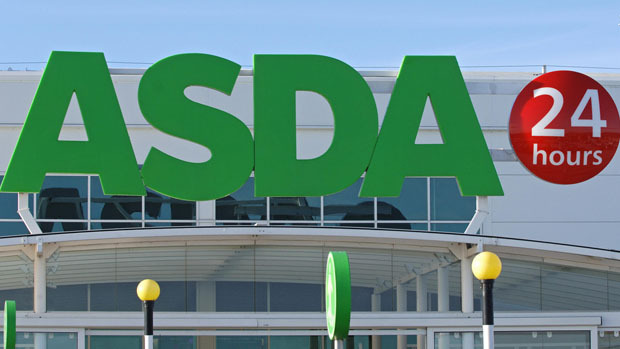
A free daily email with the biggest news stories of the day – and the best features from TheWeek.com
You are now subscribed
Your newsletter sign-up was successful
Asda, Morrisons and Tesco sales slip again
22 September
Sales are still sliding at three of the big four supermarkets, Tesco, Asda and Morrisons, while their rival Sainsbury's consolidates its recovery and Aldi and Lidl continue to surge.
The latest data from Kantar Worldpanel, covering the 12 weeks to 13 September, reveal that Sainsbury's sales rose 0.9 per cent. This builds on an increase of 0.1 per cent in the previous rolling period and reflects in particular "the continued expansion of its Sainsbury’s Local outlets", says
The Week
Escape your echo chamber. Get the facts behind the news, plus analysis from multiple perspectives.

Sign up for The Week's Free Newsletters
From our morning news briefing to a weekly Good News Newsletter, get the best of The Week delivered directly to your inbox.
From our morning news briefing to a weekly Good News Newsletter, get the best of The Week delivered directly to your inbox.
By, contrast Asda and Morrisons – which do not operate convenience stores, the latter following the sale of its unsuccessful small-shop venture earlier this month – recorded a drop in sales of 2.9 per cent and 1.4 per cent respectively. Both have been on a downward path for some time and have reported dire annual results in the past months. Tesco's sales fell by one per cent, but it remains the UK's number one grocery brand with market share of more than 28 per cent.
Wider trends driven by sector disruption have also persisted, Kantar found.
Prices have been in decline for the past year as incumbents engage in a price war to offset the effects of the discounting new entrants, with the cost of an average basket of shopping falling by 1.6 per cent in the latest period. Meanwhile Aldi and Lidl continue to snatch market share, Reuters notes, with sales rises of 17.3 per cent and 16 per cent respectively. The two now have a combined share of 9.8 per cent and more than half of shoppers have used them at least once in the past three months.
A free daily email with the biggest news stories of the day – and the best features from TheWeek.com
Shares in Tesco and Morrisons are both trading down 1.9 per cent, while Sainsbury's, which had risen one per cent in early trading, was marginally lower for the day but ahead of a wider market fall.
Sales fall at Tesco, Asda and Morrisons
25 August
Three of the UK's big four supermarkets recorded lower sales this summer than last, with Asda again leading the downward charge just a week after it reported its worst ever quarterly performance.
The keenly observed Kantar Worldpanel index reveals that sales fell by 2.5 per cent at the Walmart-owned grocer, says City AM. Kantor's figures compare the 12 weeks to 16 August with the same period in 2014.
Top-ranked Tesco's sales fell 0.9 per cent and Morrisons dropped 1.1 per cent. Sainsbury's was alone among the dominant quartet in recording a modest increase of 0.1 per cent, its first since March.
Nevertheless, Asda has retained its second place spot in market share terms, losing 0.6 percentage points, year-on-year, to sit at 16.6 per cent. Sainsbury's remains in third place, on 16.3 per cent.
Retail Week observes, however, that this is merely the result of seasonal variation as "Asda's greater focus on non-food items means its market share is traditionally higher in the summer". It adds that "with the weather now turning dismal it may soon become more vulnerable to competitors" again.
Elsewhere Waitrose continued its recent surge since introducing a hugely successful "choose your own offer" initiative in June, recording a rise of 3.5 per cent. Co-op Group also increased sales again, by 1.1 per cent.
As a while, the grocery market recorded a sales increase of 0.9 per cent, with German discounters Aldi and Lidl leading the way. Sales at Aldi were up by 18 per cent, and at Lidl by 12.8 per cent.
Kantar also noted that prices fell by 1.7 per cent, as a price war among the larger brands heats up.
Asda records worst-ever sales figures
18 August
Wal-Mart-owned Asda is continuing to be hardest hit by major disruption in the supermarket sector, caused by the rise of discounters Aldi and Lidl, as it recorded its worst ever sales quarterly sales decline of 4.7 per cent over the three months to June.
Sales had dropped by 3.9 per cent in the first quarter, the Evening Standard reports, suggesting that the decline is picking up pace. Wal-Mart itself missed earnings expectations, primary due to increase in staff costs in its US businesses.
The sales slide "cements Asda's position as the worst performer of the UK's big four grocers", The Guardian notes, pointing to a fall in market share in the last monthly industry-wide sales update when it lost second place to Sainsbury's. Analysts have said it is most exposed to the rise of the discounters because it sells itself more on cost and is now being undercut.
Despite the poor figures, boss Andy Clarke has insisted the supermarket is bouncing back after reaching "a nadir", as he claimed "green shoots" are already showing and dismissed suggestions his job is under threat. "The market is in exceptionally challenging times," he said. "We have certainly hit our nadir. Every business has got to have one and this is ours. We are on an upward trend."
Asda is also seen to be suffering because, unlike Tesco and Sainsbury's, it does not operate convenience stores, which have been recording rising sales that have offset declines elsewhere for Asda's big four rivals. It is now "belatedly trying to get a foot in that game by moving into petrol forecourt stores" and "is in the process of converting 15 petrol stations it bought last year".
Asda biggest loser as Aldi and Lidl power on
29 July
Aldi and Lidl have continued to eat into the market share of the big four UK supermarket brands, with Asda again the worst hit as it slipped to third place in the rankings for the first time in normal trading for 12 years.
The latest 12-weekly sales figures from Kantar Worldpanel showed that its like-for-like sales fell by 2.7 per cent, compared with the same period in 2014. This was a slight improvement on the 3.6 per cent drop reported last month, but was by far the worst of the major brands. The chain, owned by US giant Walmart, now has a 16.4 per cent market share.
Asda's loss was Sainsbury's gain. Its market share held steady at 16.5 per cent, and sales slipped by a modest 0.3 per cent. Kantar says the supermarket has regained the second place it last held in January, but has not held outside of Christmas trading since 2003, with its town centre convenience stories performing particularly well.
Morrisons was again the best performer of the big four, with sales falling just 0.1 per cent. Tesco saw a like-for-like slide of 0.6 per cent, but it still remains by far the largest supermarket brand with a market share of 28.5 per cent.Aldi and Lidl recorded surging sales, up 16.6 per cent and 11.1 per cent respectively. The two remain small with a combined market share of 9.6 per cent, but they are gaining fast and are having a profound effect on prices across the sector, which have been falling consistently since September and declined by around 1.6 per cent in the latest figures.
This perhaps explains the particular challenge for Asda, which as the Independent notes has "always been more price-driven than its rivals" but is now itself struggling to compete. Even Sainsbury's now offers a conditional deal to match its prices, which the paper speculates could be contributing to its greater resilience in the face of the onslaught.
Elsewhere the Co-op recorded its first sales rise in around a year, while Waitrose was up by a significant three per cent with customers responding well to a recently-introduced 'Pick Your Own Offers' initiative.
Big three lose out as Lidl and Aldi surge
29 July
Britain's three largest supermarket chains have all shed market share in the past three months as the no-frills discounters continue their seemingly unstoppable growth, transforming the landscape of supermarket shopping in the UK.
The Guardian reports that Asda was the biggest loser among the so-called 'big four', with like-for-like sales declining by 3.5 per cent. Its market share fell from a little more than 17 per cent to 16.5 per cent, according to the most recent figures for the 12 weeks to 21 June published by Kantar Worldpanel.
The keenly watched survey puts the Walmart-owned grocer level pegging with Sainsbury's, which saw sales fall by 1.3 per cent. In line with its own trading update last week, the number one chain in the country, Tesco, also saw sales fall 1.3 per cent but the supermarket giant remains well out in front with a market share of 28.6 per cent on sales for the period of £7.2bn.
Every other brand saw sales either remain flat or increase over the 12 weeks, including Morrisons which edged up 0.6 per cent. This was as nothing compared to the relentless rise of the German discounters Aldi and Lidl, which notched up growth of 15.4 per cent and 9.1 per cent respectively. Aldi is now the sixth ranked supermarket in the country and above John Lewis-owned Waitrose for the first time.
A bitter price war has broken out among supermarkets which Fraser McKevitt, Kantar Worldpanel’s head of retail and consumer insight, said in the Guardian reduces the "differentiation" for brands such as Asda that have modelled themselves on a low-cost offer.
This has been prompted by the disruption of the discounters – and continues to play into their hands. McKevitt was quoted in industry magazine The Grocer saying the "pain" for mainstream rivals may be felt for years and that the two could control a combined share of 15.5 per cent of the market by 2020, up from the current figure of 9.4 per cent.
-
 The Olympic timekeepers keeping the Games on track
The Olympic timekeepers keeping the Games on trackUnder the Radar Swiss watchmaking giant Omega has been at the finish line of every Olympic Games for nearly 100 years
-
 Will increasing tensions with Iran boil over into war?
Will increasing tensions with Iran boil over into war?Today’s Big Question President Donald Trump has recently been threatening the country
-
 Corruption: The spy sheikh and the president
Corruption: The spy sheikh and the presidentFeature Trump is at the center of another scandal
-
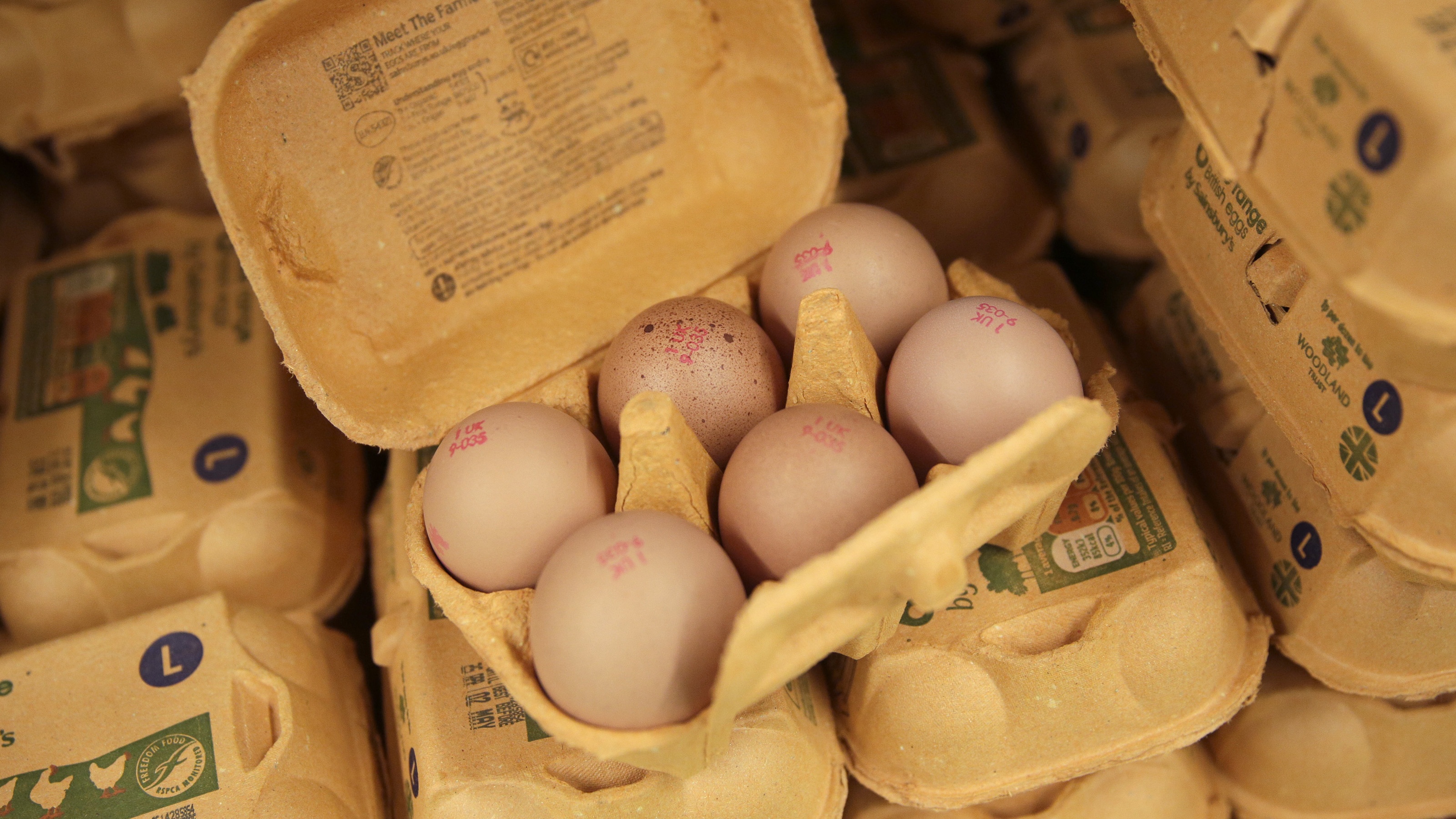 The UK’s Christmas egg shortage
The UK’s Christmas egg shortagefeature Supermarkets blame bird flu but farmers say unfair buying practices are driving them out of business
-
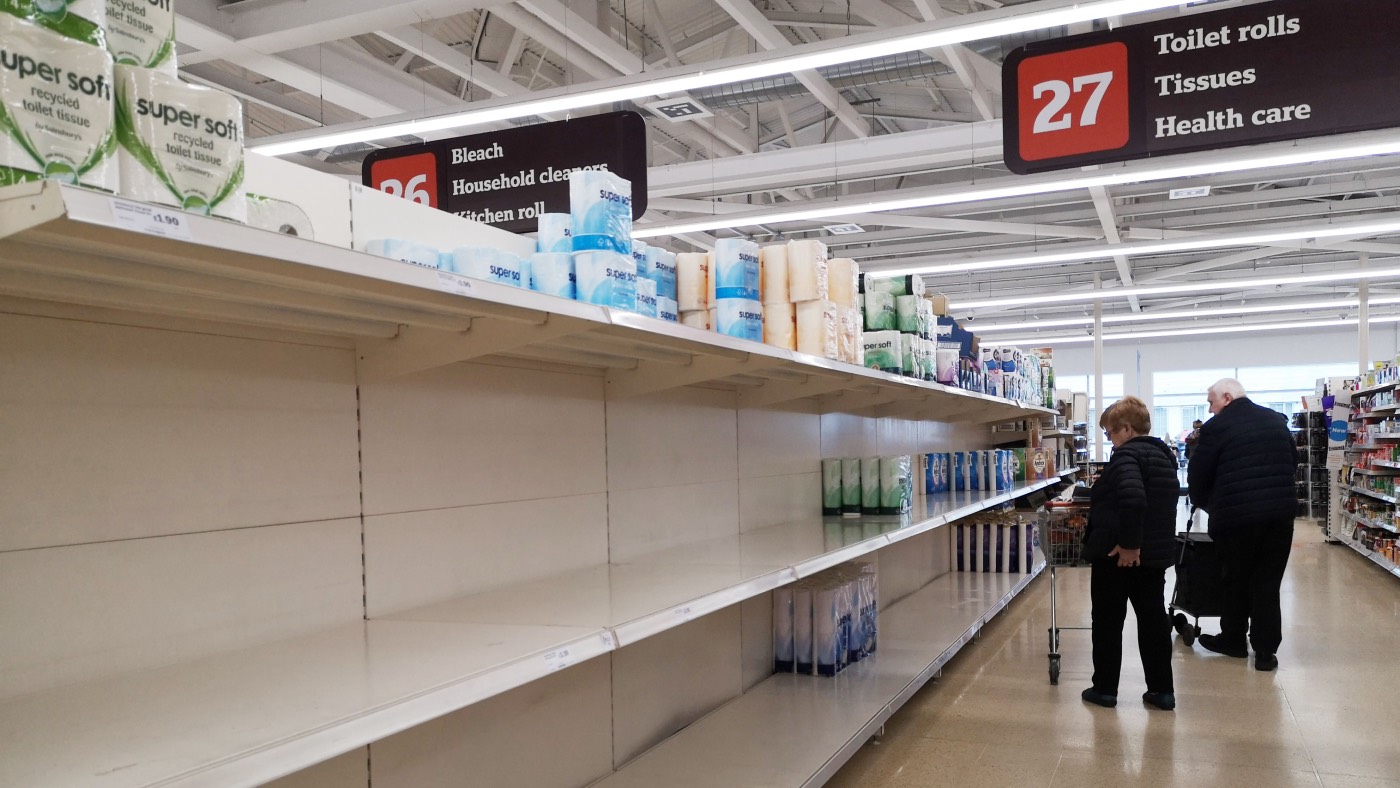 Coronavirus: supermarkets start rationing to combat panic buying
Coronavirus: supermarkets start rationing to combat panic buyingSpeed Read Stockpiling has led to empty shelves at some UK supermarkets - but shortages may be short-lived
-
 Sales of Christmas puddings down on 2018
Sales of Christmas puddings down on 2018Speed Read Supermarket data shows slump in demand for festive food
-
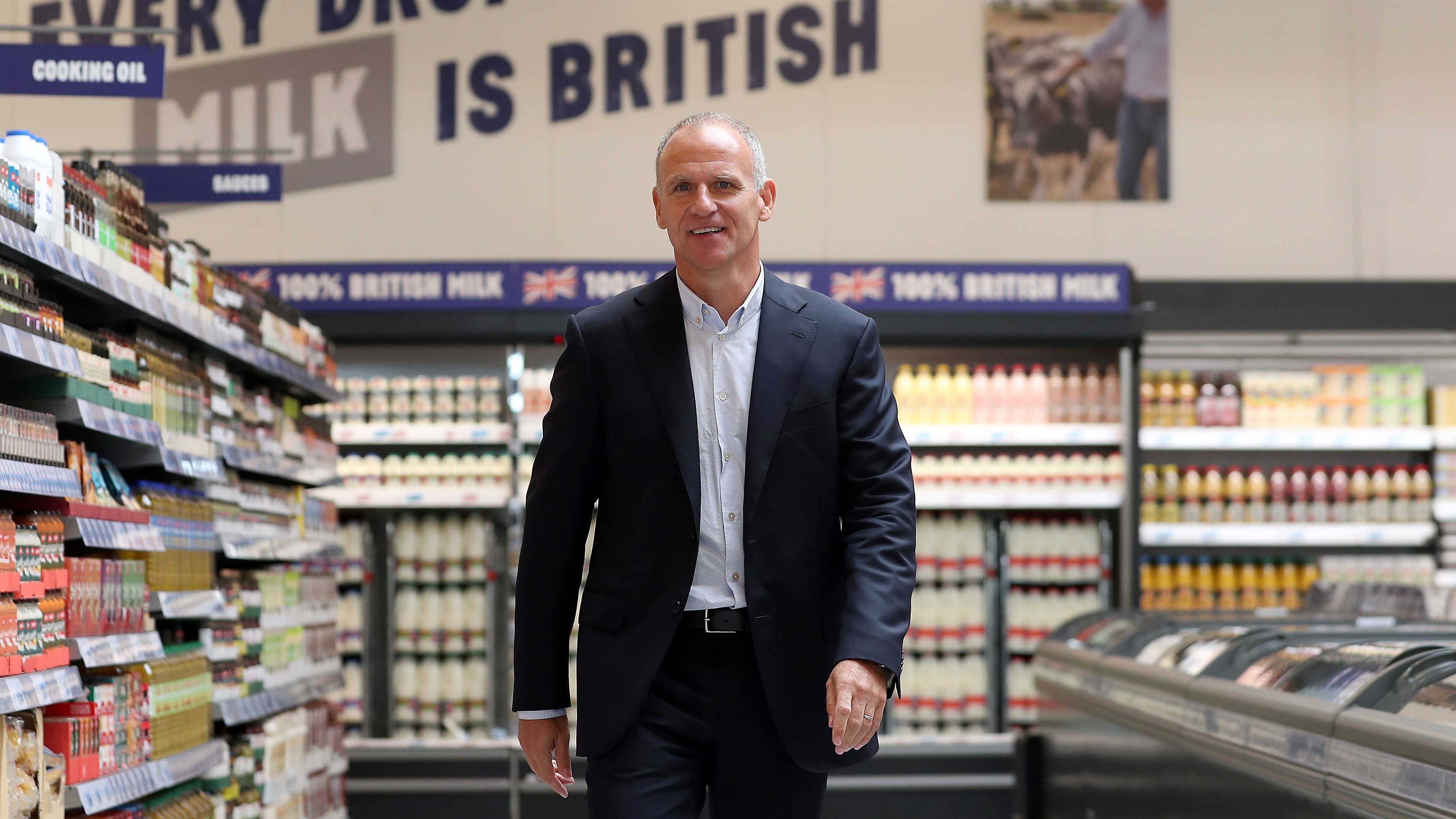 Why Tesco’s Dave Lewis is stepping down
Why Tesco’s Dave Lewis is stepping downSpeed Read The boss who turned Tesco’s fortunes around will leave CEO role in 2020
-
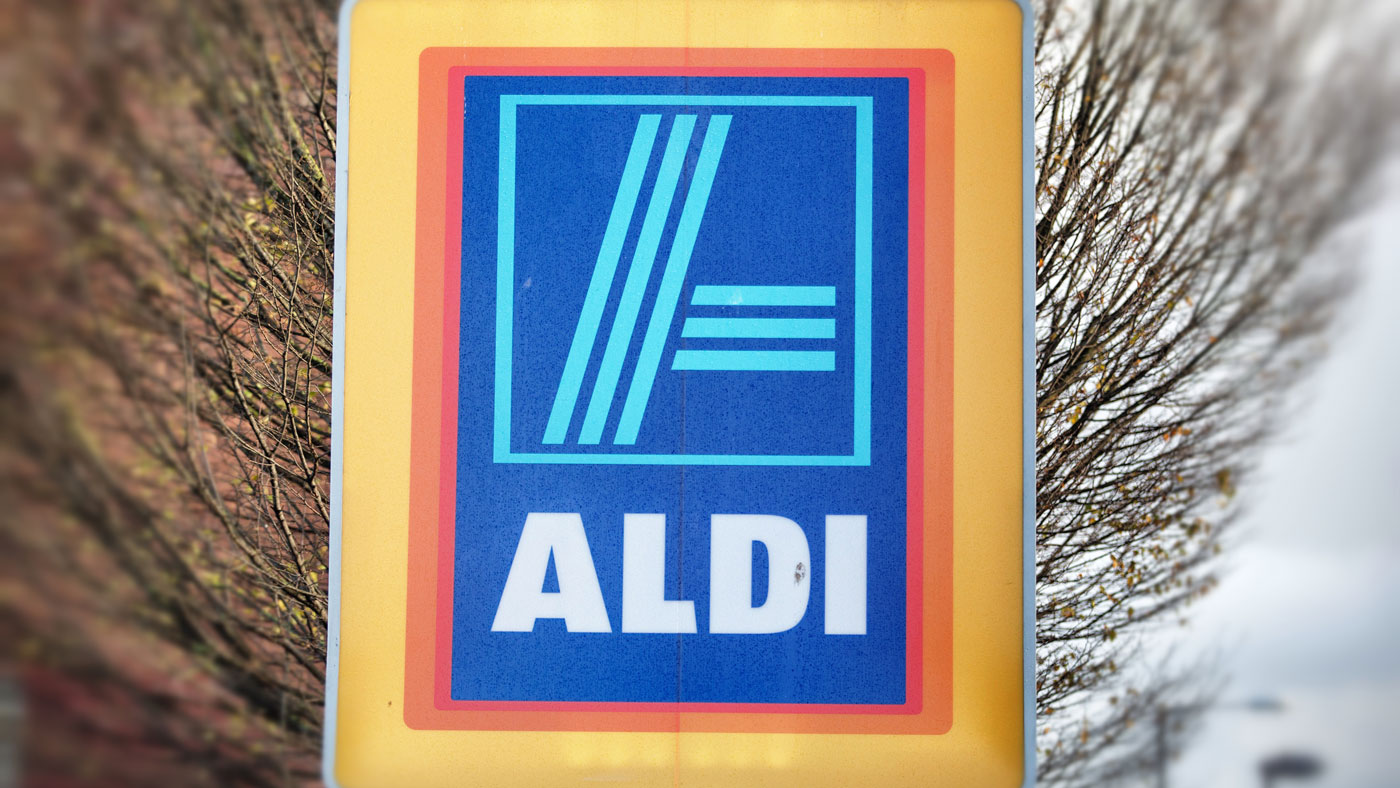 Why are profits collapsing at Aldi?
Why are profits collapsing at Aldi?Speed Read German discounter announces aggressive expansion despite sinking profits
-
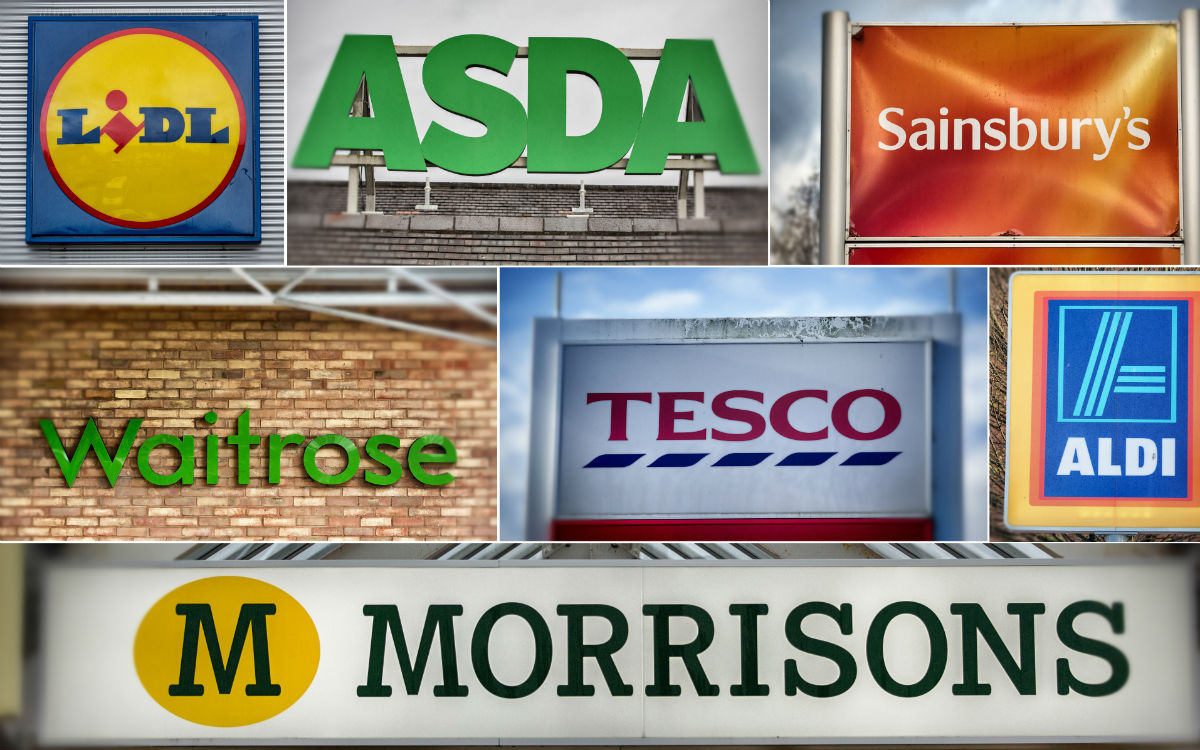 Why are supermarket sales flat?
Why are supermarket sales flat?Speed Read Brexit, fears of recession and price rises blamed for weak data
-
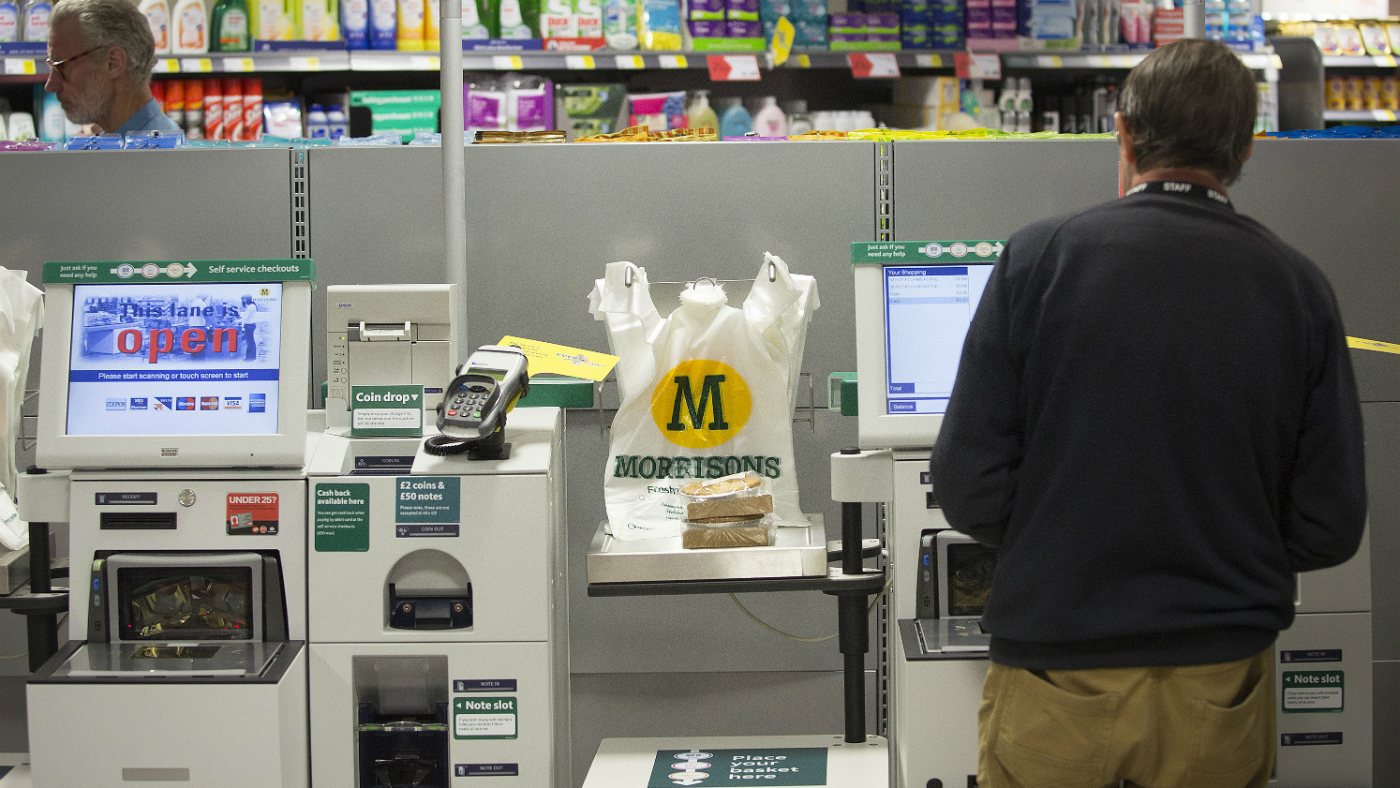 Will shoppers be charged for using self-service machines?
Will shoppers be charged for using self-service machines?In Depth MPs say 1p fee for using self-scan tills could raise £30m a year to ‘heal social divisions’
-
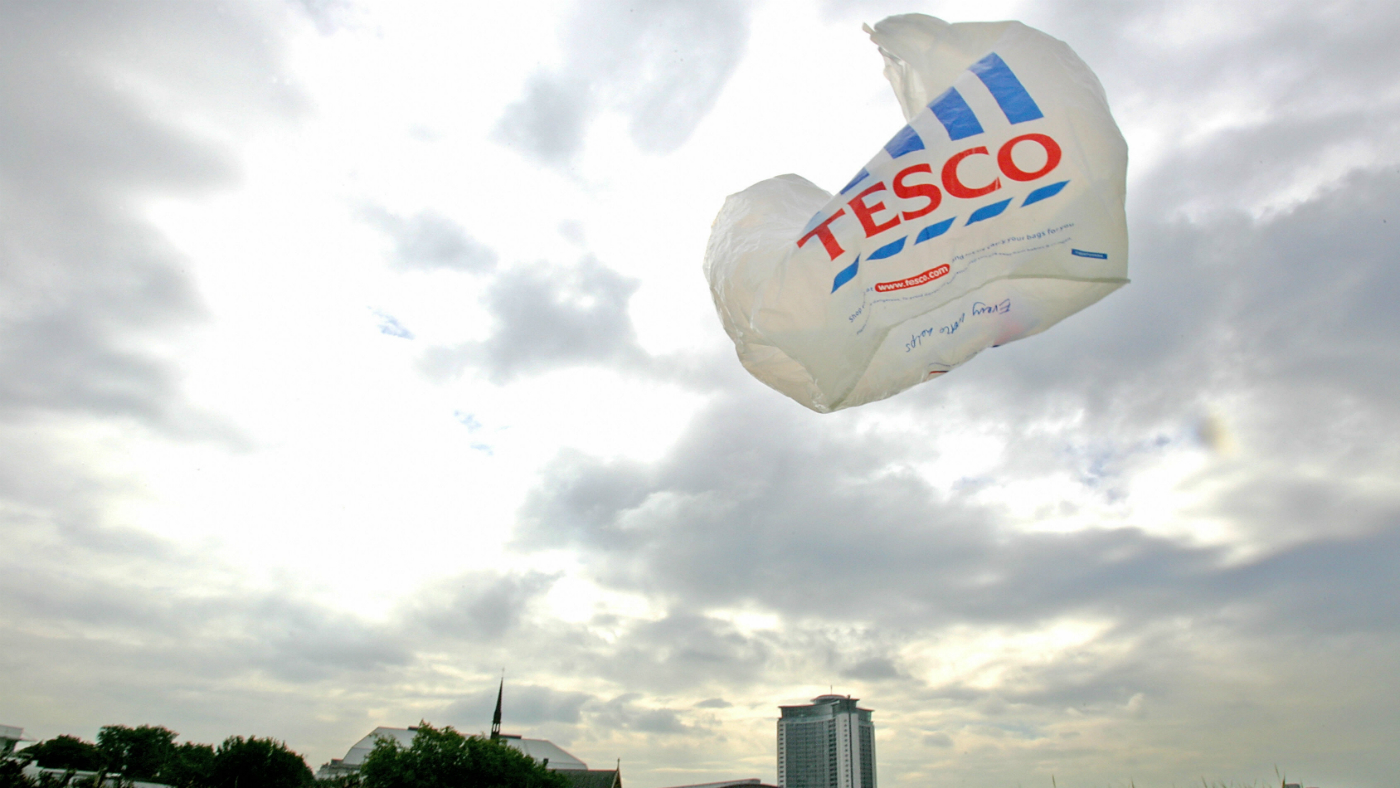 Tesco launches plastic-free trial for fruit and veg
Tesco launches plastic-free trial for fruit and vegSpeed Read The month-long trial will see loose apples and avocados appearing in Extra stores in Watford and Swindon